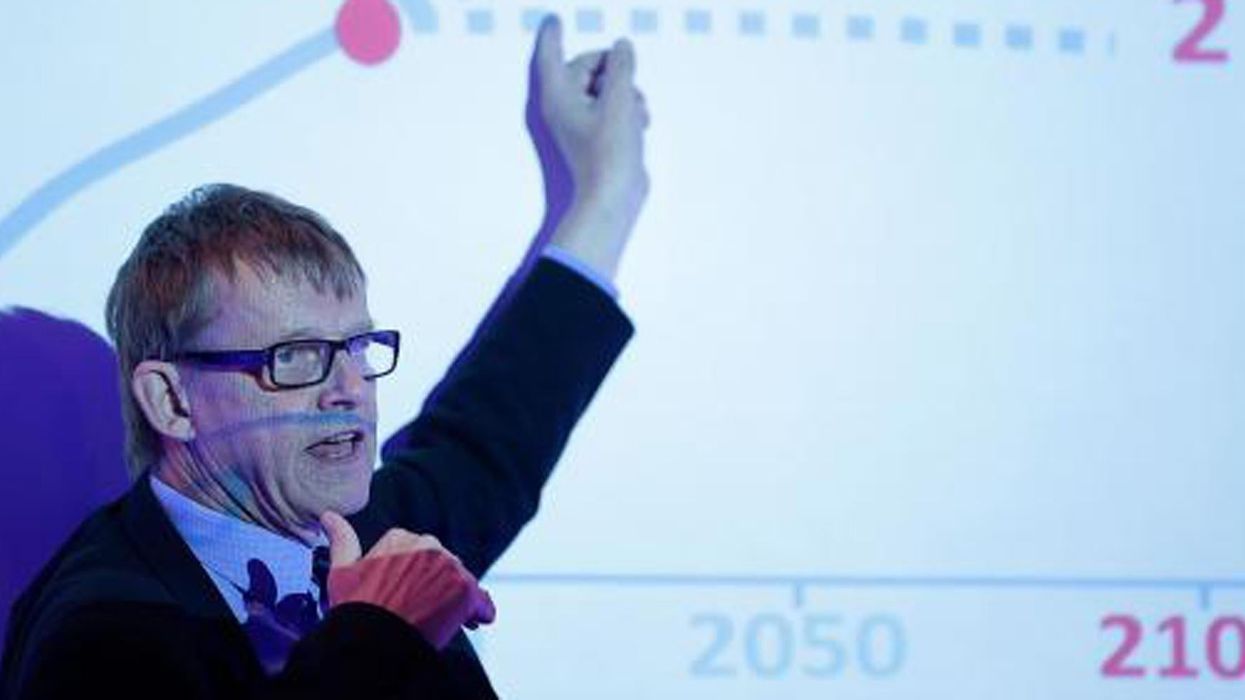Jessica Brown
Feb 08, 2017

Matthew Lloyd / Getty Images
Hans Rosling, a world renowned statistician and professor of global health, has died at the age of 68.
Rosling, from Sweden, was known for bringing data to life in engaging talks.
One of his most intriguing was a three-minute talk titled 'The river of myths'.
In it, he illustrates child mortality rates in the 1960s, in order to debunk some of the myths of developing nations – using Ethiopia as an example.
Watch the video here:
His 2006 Ted talk, ‘The best statistics you’ve never seen’, was also watched by millions.
Here are the main lessons from his talk:
Preconceptions can make us more ignorant than someone with no knowledge
Rosling gave students a list of pairs of countries, and asked them to identify which one had the higher child mortality rate.
He found from their answers the students were significantly less accurate than those of hypothetical chimpanzees, who would just pick the answers at random!.
He said:
The problem for me was not ignorance; it was preconceived ideas.
Our pre-conceptions aren’t always right
Rosling also discovered that his students had preconceived notions about the world - that they associated the West with long lives and small families, and the developing world with short lives and larger families.
So he showed them data spanning back to 1969, and pointed out that:
- China moving towards better healthcare
- Latin American countries having smaller families
- Arabic countries having longer lives
- Bangladeshi imams starting to promote family planning
- Vietnam having the same life expectancy and family size as the US
Rosling says:
If we don't look in the data, I think we all underestimate the tremendous change in Asia, which was in social change before we saw the economical change.
Average isn’t always best
Rosling says looking at the average data of a country can be misleading. He says:
That's dangerous, to use average data, because there is such a lot of difference within countries.
The improvement of the world must be highly contextualised, and it's not relevant to have it on regional level. We must be much more detailed.
Hans Rosling will be missed.
Top 100
The Conversation (0)













